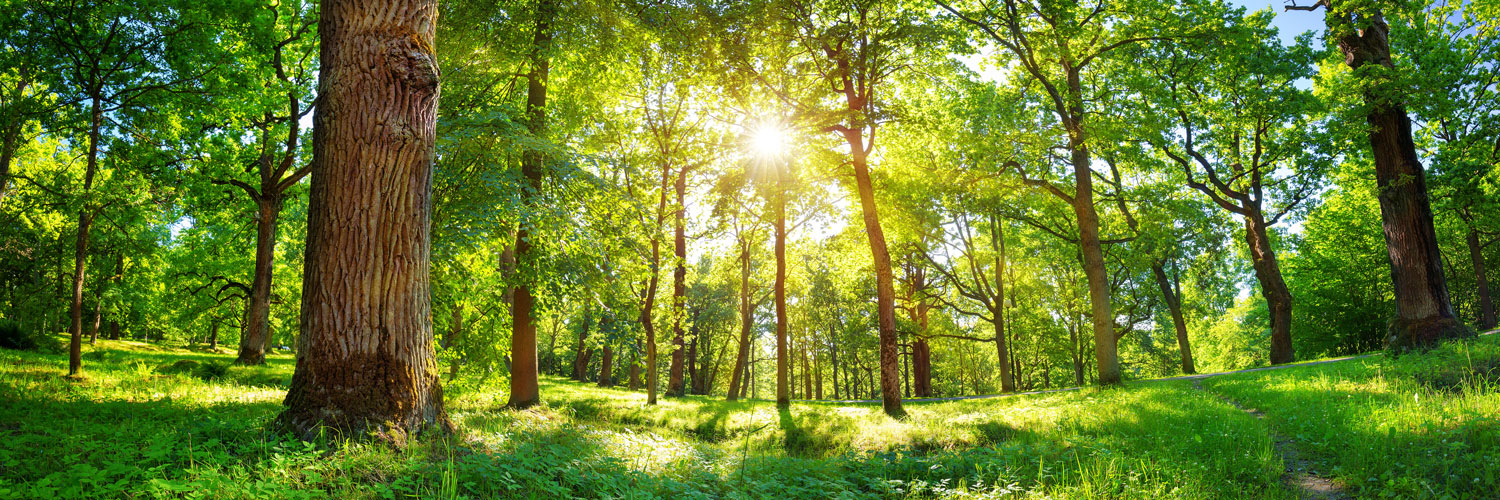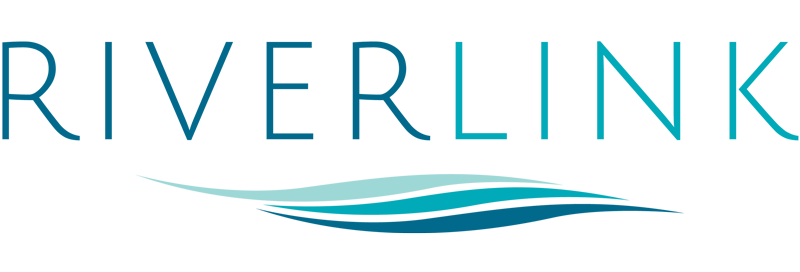Land FAQs and Resources
Where do I Start?
There are multiple steps involved in setting up a conservation easement on your property, but the process doesn’t have to complicated or stressful, and we’re here to help you every step of the way. We’ve compiled a list of frequently asked questions that cover topics such as: what kinds of properties qualify for an easement, what the benefits are for landowners, and more. If you have any additional questions that are not answered below, feel free to reach out to our Land Protection Manager at hannah@riverlink.org, or call 828.252.8474 ext 111.
Helpful Resources

FREQUENTLY ASKED QUESTIONS
What exactly is a conservation easement?
Conservation easements are legal agreements between a landowner and a land trust that allow the landowner to retain ownership of their land, while permanently giving up certain rights that would endanger the property’s conservation value. A conservation easement is a good option for landowners because it can be tailored to suit the landowner’s needs.
Land conservation agreements are made with willing landowners who agree to set aside their land permanently from future commercial development in order to maintain the natural habitat of their property. It is important to note that these are voluntary agreements between the landowner and RiverLink; we are not in any way a state or federal agency. But the federal government does specifically authorize land trusts (not just any 501(c)(3) agency) to hold these conservation agreements, which are formal, legal documents which are recorded in the county records wherever the land is located. The land trust is then obligated to uphold the easement agreement in perpetuity.
Besides preserving my land for future generations, what are other benefits?
One of the major benefits to landowners in setting aside their land from development is the ability to decrease their property taxes, as well as receive federal income tax breaks and reduce estate taxes. While no land trust can advise you on the actual tax benefit of donating a conservation easement (you’ll need a tax advisor for this), they can help you determine if your land has potential for conservation, and if so, how to proceed with the best conservation strategy for you.
What kind of properties qualify for a conservation easement?
Regardless of the conservation method, any property conserved by RiverLink must have a clear conservation purpose and consequently result in public benefit (this does not mean that the land has to be open to public use). In general, RiverLink will consider conservation easements on land that meets one or more of the following conservation purposes, as defined by the Internal Revenue Code Section 170(h)(4)(A):
- The protection of a relatively natural habitat of fish, wildlife, plants, or similar ecosystem
- The preservation of certain open space (including farmland and forest land)
- The preservation of a historically important land area or a certified historic structure
- The preservation of land areas for outdoor recreation by, or the education of, the general public
In general, a property must have significant natural resources and conservation value related to RiverLink’s mission to be considered for a conservation easement.
Do Conservation Easements allow public access on my property?
Conservation easements do not require public access. They also do not change ownership or control of a property, prevent use or future sale of the property, or necessarily prohibit all future development of the property. If an easement donor does wish public access for educational or environmental recreation, the easement can be written to allow for this, RiverLink can help facilitate these kinds of activities. We will never pressure a landowner to allow public access for any reason.
How long does an easement last?
Most conservation easements are permanent. A property under conservation easement may be sold or inherited, but future owners of the land must follow the terms of the easement. Only permanent conservation easements can confer tax benefits to the donor.
What restrictions are contained in a conservation easement?
Each easement is tailored to fit the needs of the landowner/donor and the conservation goals of the easement holder. The only rule is that every easement must be consistent with all applicable laws. Typical restrictions eliminate commercial and industrial uses, and mining. They also limit subdivision, roads, homes and other structures. An easement might prohibit all future development, or it might allow a certain amount of development that will not damage the natural value of the property.
If I can’t develop the land, can I still live on it or farm it?
Working farm lands and natural areas absolutely can be protected from future development while allowing the landowner to live on that land and continue farming the land. A landowner may also retain the right to build an additional house or houses on designated portions of land, while preserving the rest of the land and its primary conservation values (i.e., land near streams or wetlands might be preserved, while allowing a home site in a less-sensitive upland area). If the land is a working farm, then additional agriculture infrastructure can also be reserved for future development.
Will a conservation easement result in the loss of my control over the management of my land?
Land use restrictions found in RiverLink’s conservation easements put limitations on future development of the property in order to retain the land’s natural and scenic character. As the landowner, you give up some development and use rights but reserve the rights you need to be able to farm, ranch, hunt, build a second home, etc. The terms of RiverLink’s conservation easements are unique to each agreement and are designed to have minimal effect on the day-to-day management decisions of the landowner.
Can an easement be changed?
The short answer is yes, but only under very specific circumstances and for very good reasons. The purpose of a conservation easement is to protect property in perpetuity. Forever is a long time, however, and there are circumstances when an easement may need to be amended because of an extraordinary circumstances. In such cases, RiverLink’s Board of Directors must approve any proposed amendments. In general, an easement will only be amended if such a change will result in increased protection and conservation value of the property.
After I donate an easement, what relationship do I have with RiverLink?
As the easement holder, RiverLink is responsible for the perpetual enforcement of the restrictions laid out in the easement document. The monitoring and enforcement of the terms of the easement are a cooperative effort between the owner and RiverLink. A member of our stewardship staff will pay you an annual visit during which he/she will tour the property and prepare a written report based on the current condition of the property. Usually, you would join our staff member on that property tour. Should a monitoring visit uncover a violation of the terms of the easement, RiverLink will follow its internal policies in order to work with you to correct the problem. Regular communication between the donor and RiverLink typically means that problems can be solved simply. Very rarely, RiverLink may take legal action to correct a violation.
Does a conservation easement protect me from condemnation or eminent domain?
Unfortunately, no. A conservation easement cannot protect your land from a condemnation claim. Protecting your land for conservation, however, has proved a useful tool for landowners who wish to protest condemnation claims.
If I donate an easement to RiverLink, will it ever be transferred to the government or another organization?
RiverLink is a private nonprofit corporation. We are not affiliated with the federal government, the state, or any local government branch. In the unlikely event that RiverLink should cease to exist (something we protect against by maintaining a sizeable endowment), your easement would automatically transfer to another nonprofit organization that has experience with conservation easements.
Is there any cost to me in placing my property under conservation easement?
Yes. There are some costs accrued by the landowner in placing a conservation easement on a property. We will be happy to discuss these specifics with you any time. Please check out our Step by Step Easement Process page for each step in the process and whether there is a cost associated with it. The costs associated with a conservation easement ensure that we are able to protect your land in partnership with you and subsequent landowners. A promise to protect land forever means we carefully steward our funding to ensure that we are a healthy, viable, organization in perpetuity.
